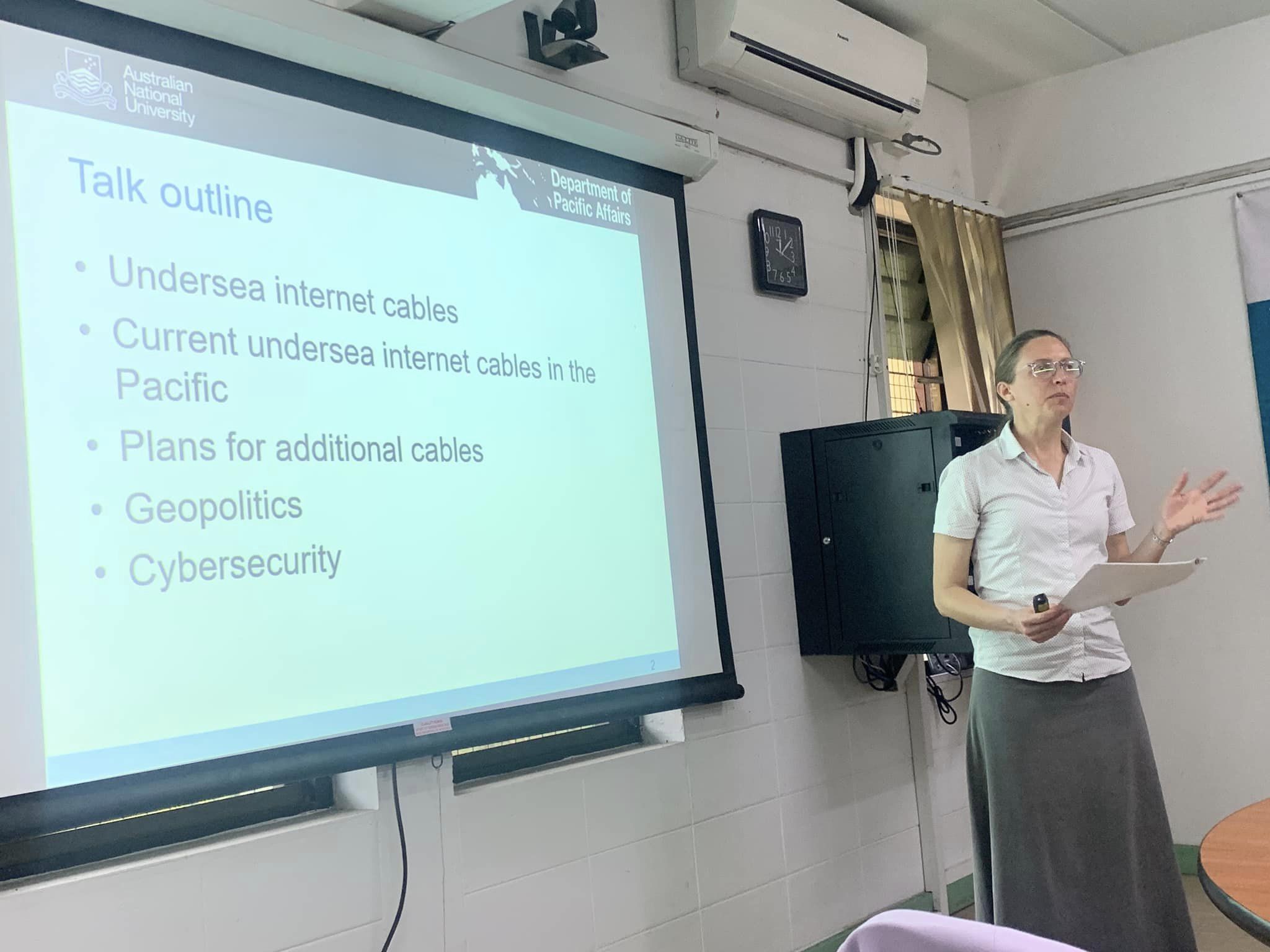Digital literacy is vital to ensuring that people are not caught up in online scams, said Australia-based telecommunications scholar Amanda Watson.
Speaking to the Fiji Times on the Ebay Shop Fiji scam saga, which closely follows a similar scam in Papua New Guinea early this year, Dr Watson said scams happen daily through digital means and people fall victims to them and lose money on a daily basis.
“In the Pacific Islands region, communities are relatively new to digital technology compared to other parts of the world and this may make people more susceptible to scams than they might otherwise be with more advanced digital literacy skills,” said Dr Watson, research fellow at the Australian National University’s Department of Pacific Affairs.
“Digital literacy is important and involve people being able to determine what is legitimate, what is accurate and one of the key ways that people can try to be savvy when using digital technology is to look at the source of something.
“Is it coming from a legitimate source, is it coming from a reliable news organisation, is it coming from a registered entity in the case of financial investment for instance.
“So, there are strategies that people can employ.”
She said while there were initiatives aimed at improving people’s digital literacy in Pacific Island countries, a lot comes down to being careful as an individual user.
“My feeling is that individuals can do a lot themselves to guard against their digital identities, their private information, their finances and so on just by being careful not believing something that’s too good to be true, not clicking on links in emails or text messages that they’re not sure about, so, I think individuals can do a lot.
“There might be some initiatives aimed at educating communities but right now, from now on, I think this is an important lesson to people in Fiji and I hope that people will try to be more careful in the future which may prevent some of these problems,” Dr Watson said.
Early this year, thousands of Papua New Guineans lost money to a scam called Golden Sun, which baited people to earn income by watching short videos and rating them.
“However, when people tried to withdraw from their Golden Sun account, they discovered that they couldn’t actually get money out.
“Maybe some people earlier on got money which gave the impression among the communities that it was a legitimate thing but then after a certain point, everything stopped.
“And a lot of people fell victim to that scam just earlier this year in Papua New Guinea,” said Dr Watson.



